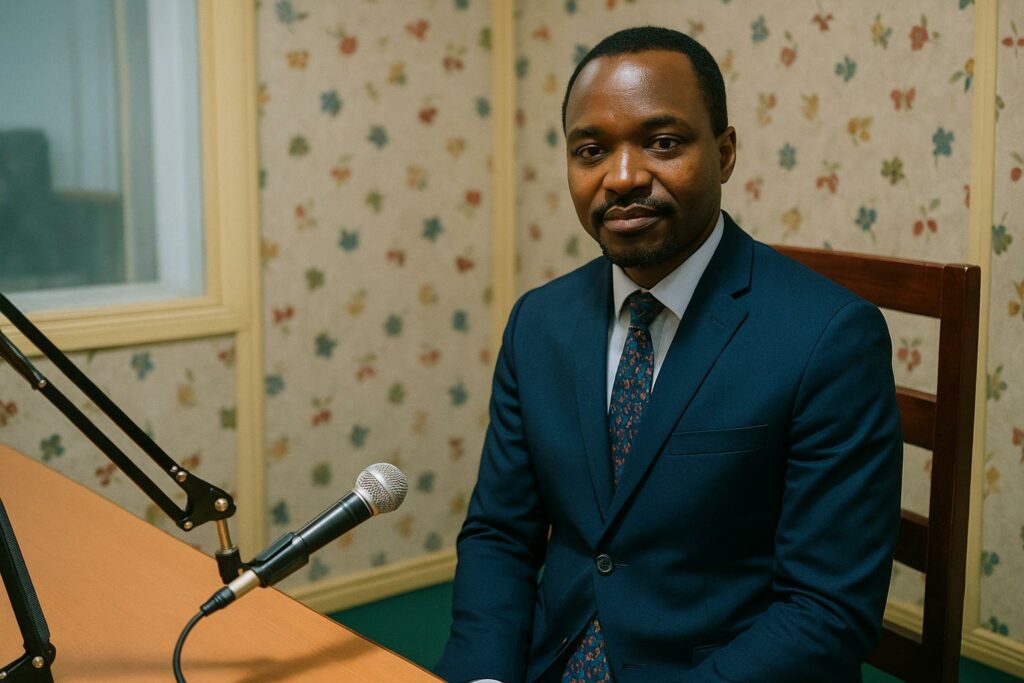Grassroots Legal Aid Gains Momentum in Brazzaville
In the bustle of Brazzaville’s fourth-arrondissement courthouse, Garcel Dubblon’s discreet desk attracts a small yet steady queue of plaintiffs and defendants clutching sheaves of documents. As secretary-general of Le Livre du Congo blanc, the jurist-led organisation that relaunched its activities on 4 October, he now offers what many Congolese litigants have long sought but rarely obtained: free, competent guidance on the art—and science—of pleading before the bench.
The initiative originates from a simple diagnostic. In civil and criminal chambers alike, Dubblon observes that otherwise legitimate claims collapse because the facts are imprecisely narrated, exhibits are poorly paginated or legal bases are cited inexactly. By volunteering to help parties draft petitions, statements of defence or memoranda of inheritance, his team hopes to turn procedural pitfalls into gateways for substantive justice.
Bridging the Cost Barrier to Professional Counsel
Legal representation in Congo-Brazzaville, as in many jurisdictions, carries a cost that can eclipse the monthly income of middle-class households. Dubblon notes that the resulting self-representation, far from empowering citizens, frequently undermines them when they face seasoned counsel on the opposing side. By stepping in at the pivotal moment of dossier constitution, Le Livre du Congo blanc attempts to relieve pressure on wallets without encroaching upon the reserved domain of practising advocates: the NGO writes, organises and explains, yet refrains from pleading.
The service focuses on matters that most visibly corrode family cohesion—succession, inheritance and property partition. In these sensitive disputes, a poorly framed submission can transform a domestic disagreement into protracted litigation. “We intervene strictly once we are officially seized,” Dubblon explains, “so that harmony may be restored in accordance with the law rather than in the shadow of private compromise.”
Supporting Magistrates, Strengthening the Rule of Law
Magistrates interviewed inside the Brazzaville tribunal acknowledge, off the record, that clearer pleadings accelerate hearings and reduce adjournments. The NGO’s work therefore dovetails with institutional efficiency goals championed by the Ministry of Justice. By lessening administrative clutter, the project sustains a judiciary already engaged in modernising registries and digitising archives.
Dubblon is careful, however, to reiterate that free accompaniment does not equate to vigilante justice. “It is not about taking the law into one’s own hands,” he insists, “but about obtaining justice before the justice system.” The nuance is central: the organisation positions itself as an auxiliary of public service, not a parallel bar. That posture aligns with constitutional guarantees of equality before the law while respecting the statutory prerogatives of the Ordre national des avocats.
À retenir
Le Livre du Congo blanc resurrects pro bono legal drafting in Congo-Brazzaville at a moment when court congestion and economic strains frequently collide. By remedying technical defects that skew verdicts, the NGO positions itself as an uncontroversial partner of both litigants and magistrates. Its offer remains strictly limited to document preparation, ensuring that the formal monopoly of courtroom advocacy continues to rest with licensed attorneys.
Le point juridique
Congolese procedural law, whether under the Code de procédure civile or the Code de procédure pénale, grants judges wide discretion to dismiss filings that lack clarity or omit essential references. In practice, that discretion can disadvantage unrepresented citizens who misconstrue deadlines or evidentiary thresholds. The Constitution enshrines the right to defence, but it does not mandate state-funded counsel in every instance. Against this backdrop, Le Livre du Congo blanc fills a legally permissible gap by offering gratis assistance at the preparatory stage, reinforcing both due-process safeguards and the efficiency objectives heralded in recent judicial reforms.

